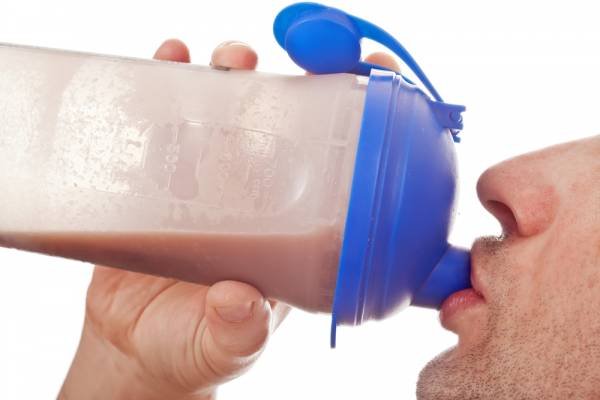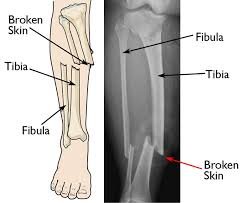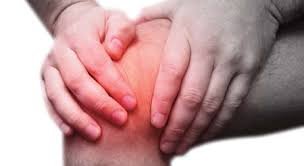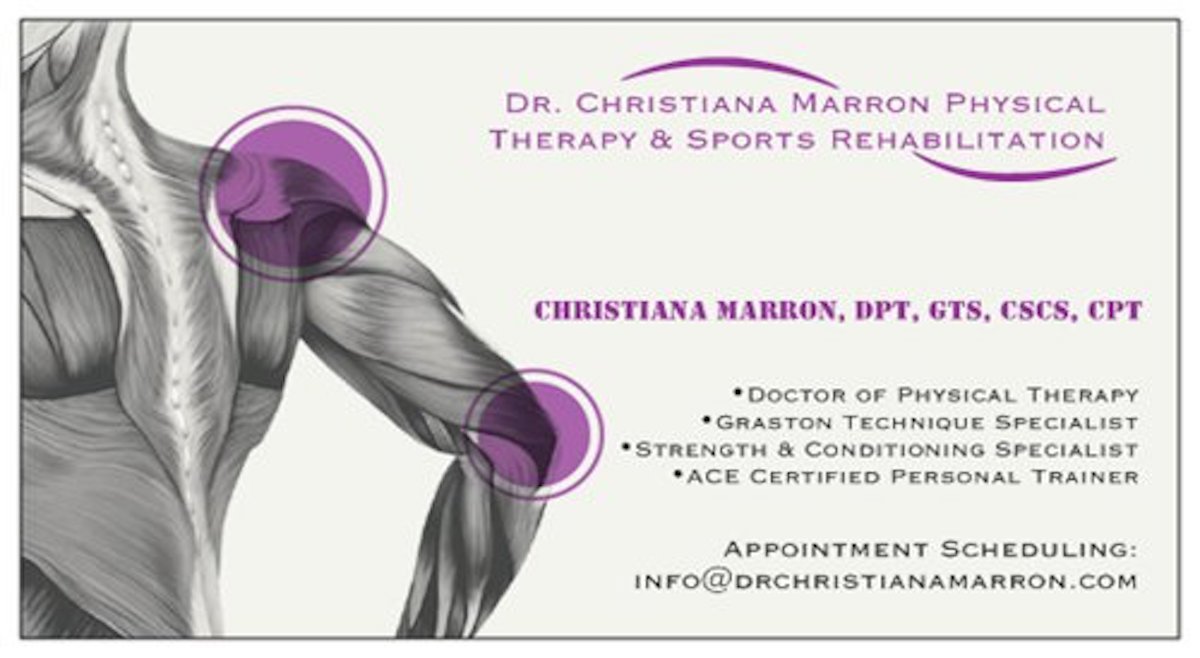Nutrition During Injury Recovery
The Importance of proper Nutrition and Injury Recovery
As a way to facilitate healing, nutrition is often times forgotten about or neglected. Athletes often times will decrease their intake of proper foods for the fear of weight gain during the recovery period. Nutrition can be an excellent tool to help attenuate muscle loss, limit fat gain, aid in muscle, bone and collagen synthesis as well as managing inflammation. While it is possible that caloric expenditure will be less during recovery, energy expenditure may initially increase by 20% if the injury is severe because of mobility modifications. For example, the use of crutches during immobilization uses 2 to 3 times the energy compared with walking.
Former WBO World Boxing Champion, ISKA+WKA World Kickboxing Champion and
Director of Nutrition Fight Shape Science Chris Algieri (IG: @chris_algieri)
Athletes need to monitor caloric intake to decrease the loss of muscle mass during periods of decreased activity. This is especially important with immobilization (eg. a cast or sling), which is associated with decreases in muscle protein synthesis and anabolic resistance.
Athletes should consider protein sources such as lean meats and dairy throughout the day. Those sources along with whey protein are also high in leucine which aids in muscle synthesis. Consider increasing protein intake during this time 1.2 to 1.5 times their usual level to help build healing tissue and limit muscle loss. Once athletes begin rehabilitation/physical therapy they may resume normal training levels of calories and protein.
Post Physical Therapy Recovery
Athletes may consider consuming 20g to 30g of protein after physical therapy sessions as they would with normal strength training sessions.
Things to Remove
Limiting or eliminating alcohol is beneficial as alcohol can impair muscle protein synthesis. *Creatine supplementation may also help attenuate muscle loss during immobilization (more research is needed on this).*
Bone Healing & Stress Fractures
For bone healing and stress fractures, athletes should have adequate intake of calcium and vitamin D. Zinc, vitamin A, vitamin C and other micronutrients have a clear association with wound healing, tissue repair and growth.
Inflammation Response
Although inflammation is a necessary response to acute injury and is needed in the first phases of healing, prolonged inflammation may decrease recovery, and athletes should consider a diet higher in omega-3 oils such as salmon, flaxseed and chia seeds. Athletes should also look for foods high in vitamin C as it has anti-inflammatory properties and also has been shown to promote collagen synthesis. Foods high in vitamin C include citrus fruits, red and yellow bell peppers, dark leafy greens, kiwi, broccoli, berries, tomatoes, mango and papaya.
Are you an athlete that is going through the healing process of an injury?
Do you want to know how to prevent muscle loss during a potential injury?
Would you like to understand more about the importance of nutrition and healing?
Dr Christiana Marron can help!






